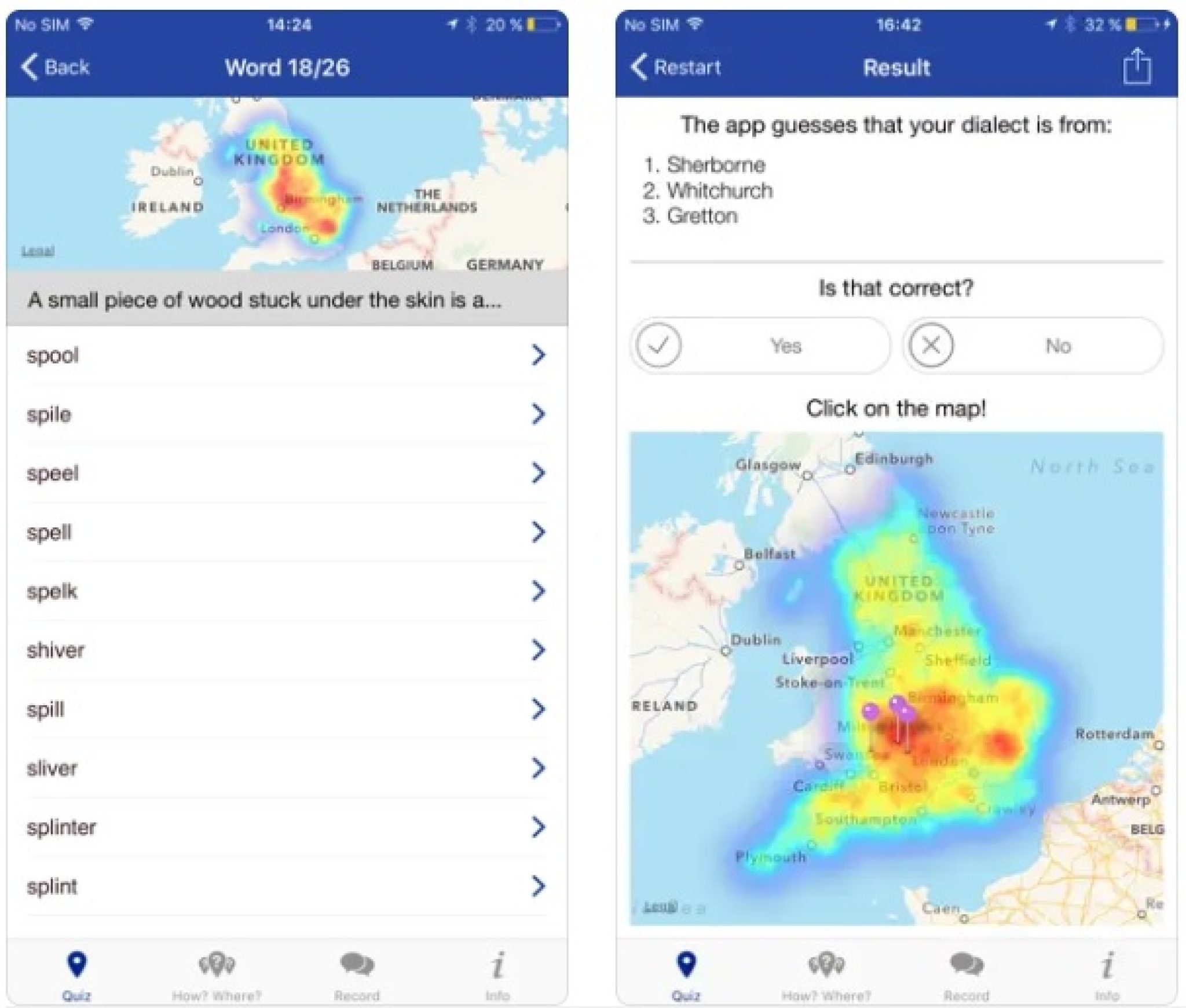AI Accent Guesser: The ability of artificial intelligence to identify accents within speech is a rapidly developing field with significant implications. This technology offers exciting possibilities in language learning, accessibility, and cultural understanding, but also raises important ethical concerns surrounding potential biases and misuse. We’ll explore the accuracy, ethical considerations, technological underpinnings, and societal impact of AI accent guessers.
This exploration delves into the core mechanisms of AI accent recognition, examining the machine learning techniques and datasets used. We will also analyze the accuracy of existing tools, identifying limitations and potential biases. Furthermore, we’ll discuss the ethical responsibilities surrounding the development and deployment of this technology, exploring both its potential benefits and risks.
AI Accent Guessers: Accuracy, Ethics, and Applications
AI accent guessers, algorithms designed to identify a speaker’s accent based on their voice, are rapidly evolving. This technology presents both exciting opportunities and significant ethical challenges. This article delves into the accuracy, ethical implications, technological underpinnings, applications, and societal impact of AI accent guessers.
Accuracy of AI Accent Guessers

The accuracy of AI accent guessers varies considerably depending on several factors. Different tools exhibit different performance levels across various languages and accents. Audio quality, speaker characteristics (e.g., age, gender, speech rate), and the size and diversity of the training dataset all significantly influence accuracy.
| Tool Name | Language | Accuracy Percentage | Notes |
|---|---|---|---|
| Tool A (Hypothetical) | English (US) | 85% | High accuracy for standard American English; lower accuracy for regional dialects. |
| Tool B (Hypothetical) | Spanish (Spain) | 70% | Good performance overall, but struggles with distinguishing between certain regional accents. |
| Tool C (Hypothetical) | Mandarin Chinese | 60% | Accuracy is significantly affected by variations in pronunciation across different regions. |
Limitations include biases in training data (overrepresentation of certain accents), difficulties in distinguishing subtle accent variations, and sensitivity to background noise. These factors can lead to misclassifications and inaccurate estimations.
Ethical Considerations of AI Accent Guessers

The potential for misuse of AI accent guessers is a serious concern. The technology could exacerbate existing biases and lead to discriminatory practices in areas such as employment, education, and access to services.
Responsible use, however, could involve applications that support language learning, provide personalized feedback on pronunciation, or aid in accessibility for individuals with speech impairments. Ethical guidelines should prioritize fairness, transparency, and accountability in the development and deployment of this technology.
- Data privacy and security must be paramount.
- Bias mitigation techniques should be integrated into the design and training process.
- Regular audits and evaluations should be conducted to ensure fairness and accuracy.
Technological Aspects of AI Accent Guessers
AI accent guessers typically employ machine learning techniques, specifically deep learning models such as recurrent neural networks (RNNs) and convolutional neural networks (CNNs). These models analyze audio data, often represented using feature extraction methods like Mel-frequency cepstral coefficients (MFCCs) and perceptual linear prediction (PLP), to identify patterns associated with different accents.
Training datasets often comprise large collections of audio recordings from diverse speakers, annotated with their respective accents. However, biases in these datasets can significantly impact the accuracy and fairness of the resulting models. For instance, a dataset heavily skewed towards certain accents might lead to better performance for those accents while neglecting others.
MFCCs analyze the frequency spectrum of speech, focusing on perceptually relevant information, while PLP models speech production more directly. The choice of feature extraction method can affect the performance of the AI accent guesser, with each method having its strengths and weaknesses.
Applications of AI Accent Guessers

AI accent guessers offer numerous potential applications across various domains. Their integration into existing systems can significantly enhance user experience and accessibility.
AI accent guessers are fascinating tools, capable of analyzing subtle nuances in speech. Interestingly, the comedic timing of someone like Martin Short, who will be hosting the final SNL of 2024 with musical guest Hozier, as reported here: Martin Short hosts the final SNL of 2024 with musical guest Hozier! , could potentially be a challenge for even the most sophisticated AI accent guesser.
Such programs would need to account for his unique delivery and comedic inflections to accurately assess his accent.
- Personalized language learning applications: Providing targeted feedback on pronunciation.
- Accessibility tools for individuals with speech impairments: Improving speech recognition accuracy.
- Real-time translation systems: Enhancing accuracy and naturalness.
- Customer service applications: Routing calls to appropriate agents based on language and accent.
- Forensic linguistics: Assisting in speaker identification and accent analysis.
Impact on Society and Culture
The widespread adoption of AI accent guessers could have a profound impact on language diversity and cultural preservation. While they could potentially contribute to understanding language evolution, there are also risks associated with homogenization of accents and the marginalization of less-represented linguistic communities. The potential for bias and discrimination necessitates careful consideration of the social implications.
AI accent guessers are fascinating; they analyze speech patterns with impressive accuracy. Consider the dedication shown by athletes like Patrick Mahomes, whose grit is highlighted in this ESPN article: Patrick Mahomes plays through injury, lifts Chiefs past Texans – ESPN. The technology behind accent identification is similarly complex, requiring sophisticated algorithms to discern subtle nuances in pronunciation, much like identifying the subtle signs of injury in a high-stakes game.
For example, the overemphasis on certain “standard” accents could lead to the devaluation of regional dialects and potentially accelerate language shift. Conversely, the technology could facilitate cross-cultural understanding and communication by providing tools for better pronunciation and accent comprehension.
AI accent guessers represent a powerful yet complex technology. While offering potential benefits in areas like language learning and accessibility, careful consideration of ethical implications and potential biases is crucial for responsible development and deployment. Moving forward, a focus on transparency, accountability, and the development of robust ethical guidelines will be vital in harnessing the full potential of this technology while mitigating its risks.
FAQ Resource: Ai Accent Guesser
What types of data are used to train AI accent guessers?
Training data typically includes large audio datasets of speakers from various regions and linguistic backgrounds, often annotated with accent labels. The quality and diversity of this data significantly impact the accuracy and potential biases of the AI model.
How can AI accent guessers be misused?
Misuse could include discriminatory practices in hiring, loan applications, or other areas where accent might be unfairly used to judge a person’s capabilities. It could also perpetuate stereotypes and reinforce existing social inequalities.
What is the future of AI accent guessers?
Future developments may include improved accuracy, multilingual support, and integration with other technologies like real-time translation. The focus will likely shift towards addressing ethical concerns and promoting responsible use.